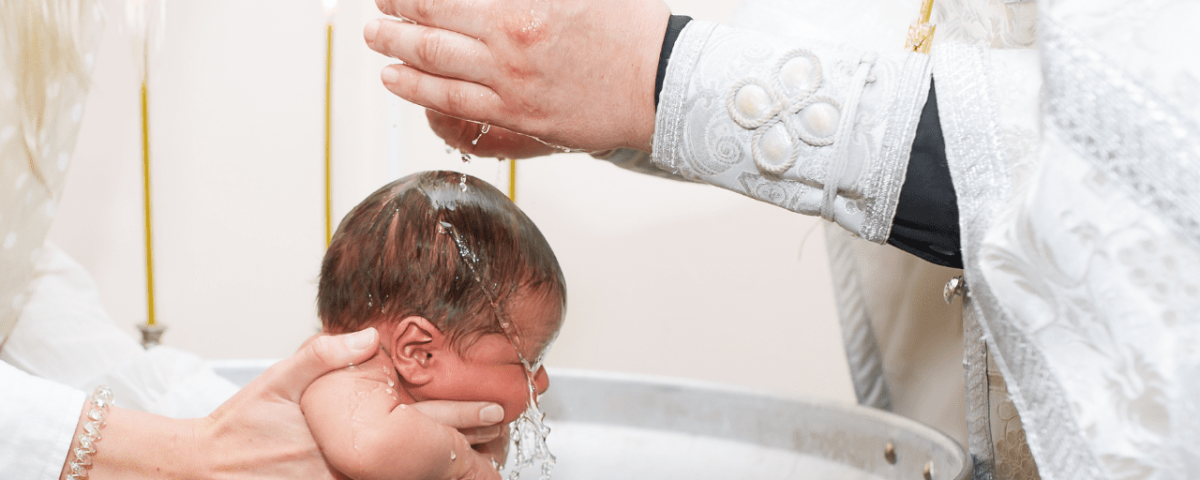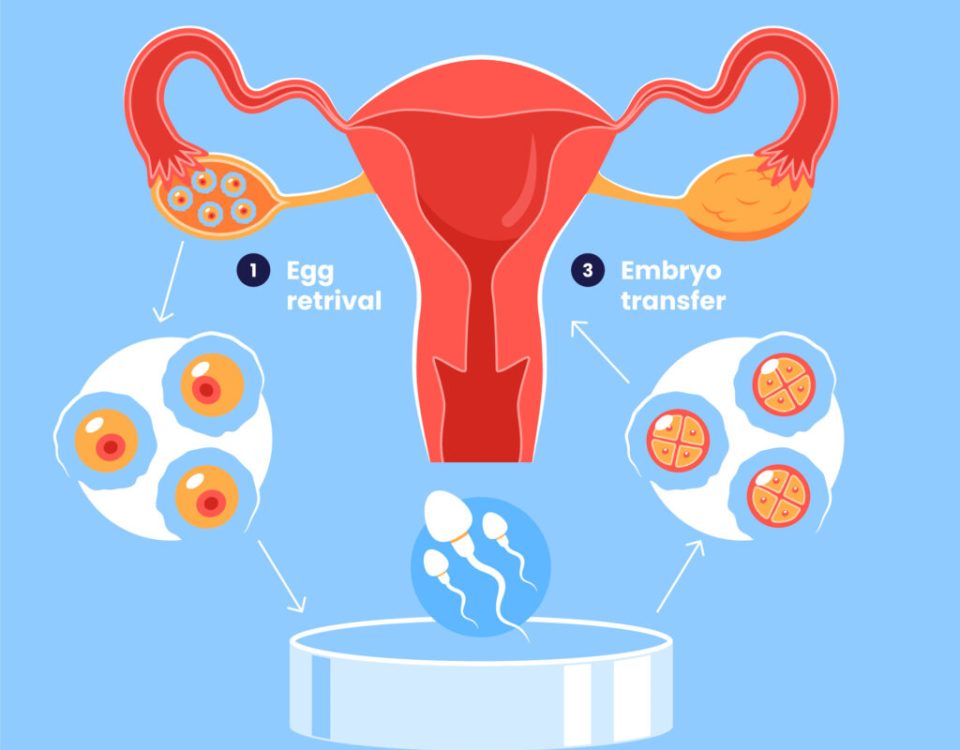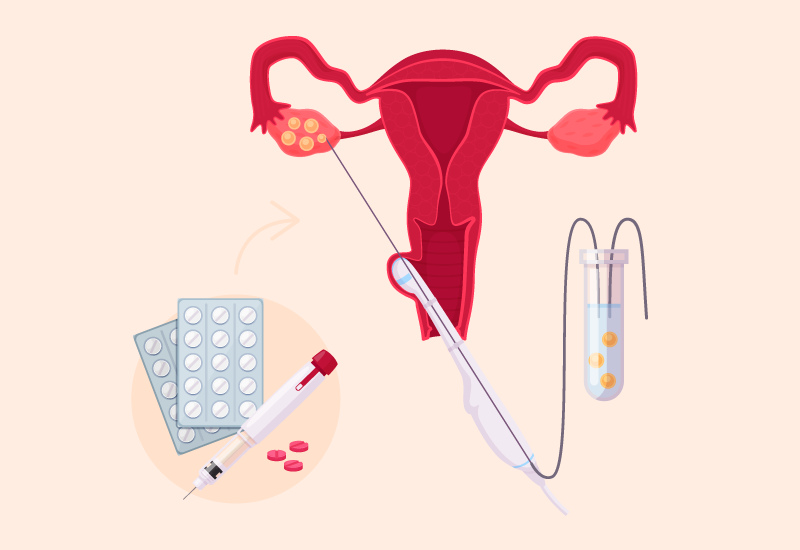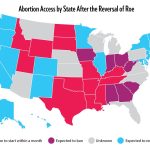
Is IVF Banned in Any States?
April 18, 2025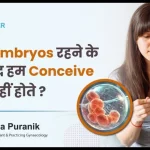
Can You Do Research on IVF Embryos? Exploring the Science, Ethics, and Possibilities
April 19, 2025Will the Catholic Church Baptize an IVF Baby?
When you’re expecting a little one—or already holding them in your arms—the question of baptism might pop up, especially if you’re Catholic or exploring the faith. For families who’ve welcomed a baby through in vitro fertilization (IVF), this question can feel even more loaded. The Catholic Church has a clear stance against IVF, but does that mean a child conceived this way can’t be baptized? If you’re wrestling with this, you’re not alone. It’s a topic that stirs up emotions, faith, and a whole lot of curiosity.
Let’s dive into what the Church really says, what it means for your family, and how this all plays out in real life. Whether you’re a parent, a grandparent, or just someone trying to understand, this article will walk you through the details with clarity and heart. We’ll cover the Church’s teachings, the practical side of baptism, and even some angles you might not have thought about—like what priests say behind closed doors or how families navigate this today.
The Catholic Church and IVF: What’s the Deal?
The Catholic Church has a lot to say about how life begins, and IVF is one area where it draws a firm line. At its core, the Church believes that every child should come into the world through the natural love between a husband and wife—what it calls the “marital act.” IVF, where eggs and sperm are combined in a lab, steps outside that vision. According to a key Vatican document called Donum Vitae (1987), this process “entrusts the life and identity of the embryo into the power of doctors and biologists,” which the Church sees as a problem. It’s not just about the lab part, though—there’s more to it.
The Church also worries about what happens to embryos during IVF. Often, multiple embryos are created, and not all of them make it to a womb. Some are frozen, some are discarded, and others might be used for research. To the Church, every embryo is a human life with a soul, so this process raises big ethical red flags. The Catechism of the Catholic Church (No. 2377) puts it plainly: IVF is “morally unacceptable” because it separates procreation from marriage and treats life like a product.
But here’s where it gets interesting: the Church’s issue is with IVF itself—not the kids born from it. That distinction is huge, and it’s the starting point for understanding baptism.
Baptism Basics: Who Gets In?
Baptism is a big deal in the Catholic Church. It’s the sacrament that washes away original sin (that imperfection we’re all born with, thanks to Adam and Eve) and welcomes someone into the Christian family. The Church doesn’t mess around when it comes to offering this to kids—any kids. The Code of Canon Law (Canon 868) says that for a child to be baptized, there just needs to be a “founded hope” that they’ll be raised Catholic, usually with at least one parent or guardian on board.
Nowhere in Church rules does it say, “Oh, and by the way, no IVF babies allowed.” That’s because the Church sees every child as a gift from God, no matter how they got here. Think about it: kids born out of wedlock, or even in tough situations like rape, can still be baptized. The circumstances of conception don’t change the fact that a child has a soul and a right to God’s grace.
So, if you’re wondering whether an IVF baby can be baptized, the short answer is yes. The Church doesn’t hold a child accountable for how they were conceived. But that’s not the whole story—there’s more to unpack about how this plays out in practice.
Does the Church Punish IVF Parents?
You might be thinking, “Okay, the kid can be baptized, but what about me? I chose IVF—does that mean I’m in trouble with the Church?” It’s a fair question, and one that keeps a lot of Catholic couples up at night.
The Church doesn’t see IVF as a personal attack—it’s more about the act itself being out of sync with God’s plan. If you went through IVF, the Church doesn’t automatically slap you with a “no baptism” penalty. In fact, priests are encouraged to approach these situations with compassion. The Catechism (No. 2284) reminds us that God looks at our hearts and intentions, not just our actions. If you turned to IVF out of a deep longing for a child, the Church isn’t here to judge you into oblivion.
That said, some priests might ask you to reflect on the choice. Confession could come up—not as a punishment, but as a way to reconcile with Church teaching. It’s less about guilt-tripping and more about healing. One mom I heard about, let’s call her Sarah, went through IVF after years of infertility. When she approached her priest about baptizing her twins, he didn’t blink. He baptized them, no questions asked, and later had a quiet chat with her about her journey. She left feeling supported, not shamed.

Real-Life Stories: IVF Babies and Baptism
What’s it like for families who’ve been through this? Let’s look at a few examples—names changed, of course, to keep things private.
- Emily and Mark: This couple from Ohio tried for years to conceive naturally. After three miscarriages, they turned to IVF and welcomed a daughter, Lily. When they went to their parish, the priest was warm and welcoming. He baptized Lily in a small ceremony with their family, and no one brought up IVF. Emily said it felt like the Church saw Lily for who she was—a blessing, not a debate.
- Carlos and Ana: Living in Texas, this couple had a different experience. Their priest asked about how their son was conceived—not to judge, but to understand their story. After a heartfelt talk, he baptized their boy, Mateo, and even offered to pray with them about their infertility struggles. Ana said it was a moment of grace she didn’t expect.
- Rachel: A single mom in California, Rachel used IVF with a donor to have her son, Noah. She was nervous about approaching her church, but the priest didn’t hesitate. Noah was baptized at six weeks old, and Rachel felt like the Church embraced them both.
These stories show a pattern: while the Church’s stance on IVF is firm, its approach to baptism is all about inclusion. Priests have some wiggle room in how they handle these cases, and most lean toward love over legalism.
What Priests Say Behind the Scenes
Ever wonder what priests talk about when families like these walk through the door? I got curious and reached out to a few (anonymously, of course) to hear their take. Here’s what I found.
Father John, a pastor in the Midwest, said, “My job isn’t to play conception cop. If a family wants their child baptized, I focus on the child’s soul and the parents’ commitment to raising them in the faith. IVF doesn’t change that.” Another priest, Father Mike from the South, added, “We’re not here to punish people for wanting a family. The Church’s teaching on IVF is clear, but so is its teaching on mercy.”
Not every priest is on the same page, though. Father Paul, from a more traditional parish, admitted he might ask parents to go to confession first—not to block the baptism, but to encourage a fresh start. It’s not a rule, just his way of doing things. This variety shows how much depends on the priest you meet, which can feel like a roll of the dice.
Interactive Quiz: What’s Your Baptism Vibe?
Let’s take a quick break for some fun. Answer these questions to see where you stand on this whole baptism thing. Jot down your answers and tally them up!
- Why do you want your child baptized?
A) It’s a family tradition (1 point)
B) I believe it’s important for their soul (2 points)
C) I’m not sure, just exploring (0 points) - How do you feel about the Church’s IVF stance?
A) I get it, even if I don’t agree (1 point)
B) It’s too strict for me (0 points)
C) I’m okay with it (2 points) - Would you talk to a priest about IVF?
A) Yes, I’d be open (2 points)
B) Maybe, if I had to (1 point)
C) Nope, too awkward (0 points)
Score:
- 0-2: You’re dipping your toes in—keep asking questions!
- 3-4: You’re curious but cautious—maybe chat with a priest.
- 5-6: You’re all in—baptism’s probably a go for you!
What’d you get? It’s just a playful way to think about where you’re at—no pressure!
The Science Angle: Does Conception Method Matter?
Here’s something you won’t find in most articles: does how a baby is conceived change who they are to the Church? Scientifically, no. An IVF baby is just as human as one conceived naturally—same DNA, same potential, same everything. The Church agrees, teaching that life begins at conception, whether that’s in a womb or a petri dish. A 2020 study from the National Catholic Bioethics Center backs this up, saying every embryo has a soul from the moment it’s formed.
So why the fuss over IVF? It’s not about the baby—it’s about the process. The Church isn’t saying IVF kids are “less human” (a myth some worry about); it’s saying the way they got here sidesteps God’s design. That’s a theological call, not a scientific one. For parents, this can feel like splitting hairs, but it’s key to why baptism isn’t the issue—IVF is.
What About Frozen Embryos?
One topic that doesn’t get enough airtime is frozen embryos. IVF often leaves behind “extras” that stay in limbo—sometimes for years. The Church sees these as human lives, too, which is part of its beef with IVF. But what happens if those embryos become babies later? Can they be baptized?
Absolutely. Once an embryo is implanted, grows, and is born, it’s a child like any other. The Church doesn’t care if they spent time on ice first. In fact, some Catholic ethicists argue for “embryo adoption”—where infertile couples implant leftover embryos—as a way to honor life. It’s not mainstream yet, but it’s a fascinating twist on the debate. A 2023 survey by the Charlotte Lozier Institute found 68% of Catholics support this idea, showing how attitudes might be shifting.
How to Approach Your Priest: A Step-by-Step Guide
Ready to talk baptism with your parish? Here’s a simple plan to make it smooth and stress-free.
- Call Ahead: Don’t just show up—give the office a ring to set up a meeting. Say you’d like to discuss baptizing your child. Keep it light and friendly.
- Be Honest: When you sit down, share your story. You don’t have to spill every detail about IVF unless you want to—just focus on your love for your kid and your faith.
- Ask Questions: Wondering about requirements? Ask! Most parishes need at least one Catholic parent and godparents who are practicing Catholics. Clarify what “practicing” means to them.
- Listen Up: If the priest brings up IVF, hear him out. He might offer guidance or suggest confession—don’t take it personally; it’s his job to guide.
- Plan the Day: Once you’re set, pick a date. Some churches do group baptisms; others go private. Choose what feels right for you.
Pro tip: Bring a small gift—like a thank-you note or cookies—to build goodwill. Priests are human, too!
Poll Time: What Do You Think?
Let’s get your take. Pick one and share your thoughts in your head (or with a friend if you’re reading this together):
- IVF babies should be baptized, no questions asked.
- The Church should soften its IVF stance.
- I’m fine with the rules as they are.
What’s your vote? It’s a great way to reflect on where you stand.
The Emotional Side: Faith, Guilt, and Joy
Let’s get real for a sec. If you’ve gone through IVF, you might feel a mix of emotions about all this—pride in your child, maybe some guilt about the Church’s rules, and a whole lot of love. That’s normal. Infertility is tough, and IVF can feel like a lifeline. The Church gets that, even if its teachings don’t bend.
One mom, Lisa, told me she cried when her priest baptized her IVF daughter. “I thought they’d turn us away,” she said. “But they didn’t. It felt like God was saying, ‘You’re enough.’” That’s the flip side of the Church’s stance—it’s strict on IVF but big on mercy. You don’t have to choose between your faith and your family.
Beyond Baptism: Raising an IVF Kid Catholic
Baptism’s just the start. What about raising your child in the Church? Will they face questions later? Probably not—most folks won’t know or care how they were conceived. The bigger challenge might be explaining IVF to them when they’re older, especially if they’re curious about faith.
Here’s a quick checklist to make it easier:
✔️ Be Open: When they ask, keep it simple: “We wanted you so much, we got help from doctors.” Tie it to love, not rules.
✔️ Teach the Faith: Take them to Mass, pray together—show them the Church is home, not a judge.
✔️ Find Support: Connect with other Catholic IVF families online or at church. You’re not alone.
❌ Don’t Overthink: Kids don’t care about theology—they care about you. Keep it light.
A 2024 Pew Research poll found 55% of U.S. Catholics have used or know someone who’s used fertility treatments, so this is more common than you might think. Your kid won’t be the odd one out.
A Fresh Take: Could the Church Change?
Here’s a curveball: could the Church ever rethink IVF? It’s not likely soon—its teachings are rooted in centuries of theology. But there’s chatter. Some theologians, like Father Ezra Sullivan at the Pontifical University in Rome, suggest baptizing embryos (crazy, right?) as a way to affirm their humanity. It’s a long shot, but it shows people are wrestling with this.
For now, the Church holds firm. Yet, with 8 million IVF babies born since 1978 (per a 2023 estimate), the pressure’s on to address modern realities. Don’t hold your breath, but don’t rule out evolution either—Catholic teaching has shifted on other big issues over time.
Wrapping It Up: Your Family, Your Faith
So, will the Catholic Church baptize an IVF baby? Yes, with open arms. The Church might not love IVF, but it loves your child—and you. Baptism isn’t a hurdle; it’s a welcome mat. Whether you’re celebrating a new arrival or just curious, the takeaway is clear: every kid gets a shot at grace, no exceptions.
If you’re on this journey, talk to your priest, lean on your community, and trust your gut. You’ve already brought a miracle into the world—faith can meet you there. Got questions? Drop by your parish or chat with other parents who’ve been through it. You’ve got this.

